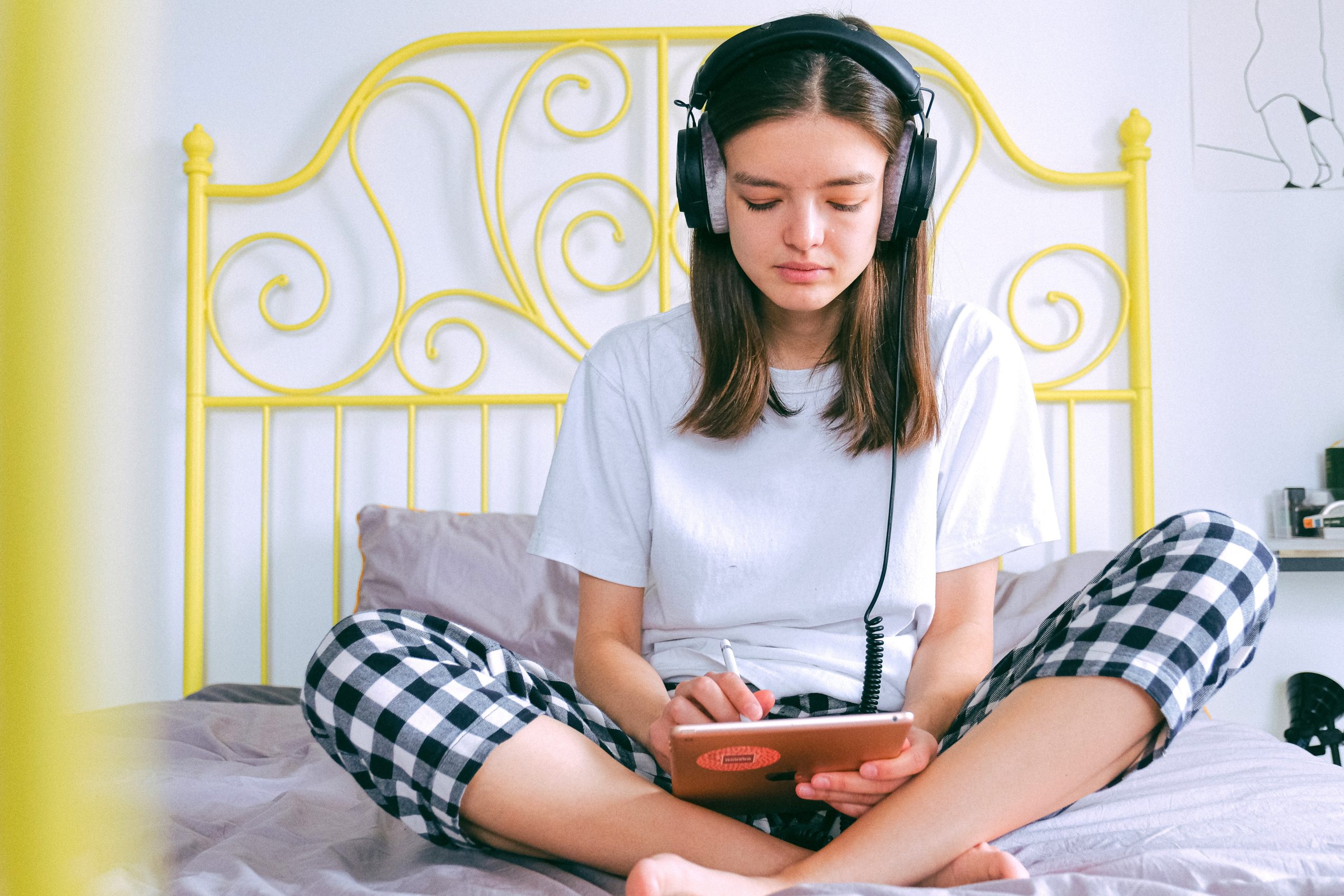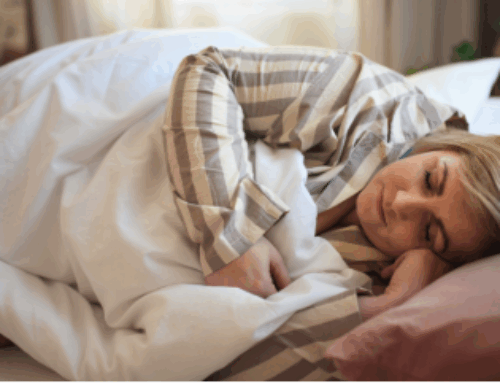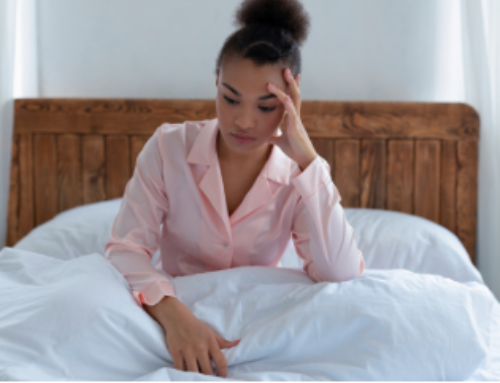Recently, the American Academy of Sleep Medicine (AASM) organized Student Sleep Health Week to drive awareness of the importance of healthy sleep for students of all ages to learn, grow and thrive.
During Student Sleep Health Week, AASM members Seema Khosla, MD, and Anne Marie Morse, DO, participated in a Twitter chat to educate the public about how to help students get the healthy sleep they need to excel this school year.
The discussion was moderated by the AASM. Continue reading for advice and insights from Drs. Khosla and Morse.
Q1: Many parents understand that sleep is important for their kids, but more than half of parents say their kids are not getting enough sleep on school nights. What impact does sleep have on student success in school? #StudentSleepChat
— American Academy of Sleep Medicine (@AASMorg) September 15, 2021
Seema Khosla, MD (@sleepdoc5): We have seen an improvement in grades, mood, and less risky behavior, such as lower drug and alcohol use, in kids who sleep well.
Anne Marie Morse, DO (@DAMMGoodSleep): Sleep is a critical part of the learning process. It’s the time that what we learned becomes more permanent in our brains. Cutting corners on sleep may reduce academic success. Sleep deprivation has real consequences. Getting the right number of hours of sleep should be as much of a priority as getting good grades in school. The two go together quite well.
Q2: How do sleeping needs vary by age? #StudentSleepChat
— American Academy of Sleep Medicine (@AASMorg) September 15, 2021
@sleepdoc5: As kids get older, they require less sleep. Infants and newborns usually spend more time asleep than awake. By the time they are school age, their sleep is mostly at night.
@DAMMGoodSleep: Not only does the amount of sleep change, but timing can too. An infant may sleep 14-16 hours across 24 hours, but by 5 years old the sleep is reduced, and it should all happen at night without any naps.
Q3: Why does it seem like it’s so hard for teenagers to get up in the morning? #StudentSleepChat
— American Academy of Sleep Medicine (@AASMorg) September 15, 2021
@sleepdoc5: It’s completely normal! Teenagers have a shift in their circadian rhythm that makes them want to stay up later and sleep in. Even though it is frustrating for some parents, it is biology.
@DAMMGoodSleep: In addition to this, the CDC shows that 78% of teens aren’t getting enough sleep. Therefore, they are plain TIRED! Improved awareness and change are needed!
Q4: How can students sleep better on school nights? #StudentSleepChat
— American Academy of Sleep Medicine (@AASMorg) September 15, 2021
@sleepdoc5: It is really important for them to get enough sleep hours and limit devices at night. They might push back on this, but routine is key. No devices for 30-60 minutes before bedtime and try to keep the same schedule over the weekend.
@DAMMGoodSleep: Everyone benefits from a good bedtime routine that helps in promoting a relaxed mind and body and a structured schedule. Avoid wide swings in bedtimes from night to night.
Q5: The AASM recommends a consistent, relaxing bedtime routine to encourage healthy sleep. How can parents implement a bedtime routine and what do you suggest is included? #StudentSleepChat
— American Academy of Sleep Medicine (@AASMorg) September 15, 2021
@sleepdoc5: It is more important to have a routine than to have the perfect routine. This varies by age. For younger kids, a warm bath followed by story time is a wonderful routine. As kids get older, it is important that they choose what works for them (reading, etc.).
@DAMMGoodSleep: A bedtime routine needs to be tailored to the individual that helps promoting a relaxed mind and body. An example is a warm shower, light stretching, feeling sleepy and listening to white noise to keep your mind from wandering into worries.
Q6: Many adolescents are experiencing increased anxiety and worry during the ongoing COVID-19 pandemic. How does this affect their sleep and what can be done to help? #StudentSleepChat
— American Academy of Sleep Medicine (@AASMorg) September 15, 2021
@sleepdoc5: In many ways, kids have had to deal with more changes than adults. A new grade, new classmates, a new teacher are already yearly changes. Routine is helpful here but also acknowledging their concerns.
@DAMMGoodSleep: COVID-19 has impacted many teens due to all the changes and isolation. Anxiety and depression have become a major problem and unfortunately strongly linked to sleep problems.
A good night’s rest can help your mood and mental flexibility. Unfortunately, anxiety can keep your mind racing and unable to shut down. Cognitive behavioral therapy can help with these challenges.
Q7: Some parents are turning to melatonin supplements to help kids who can’t sleep. What advice would you give to someone asking about using #melatonin? #StudentSleepChat
— American Academy of Sleep Medicine (@AASMorg) September 15, 2021
@sleepdoc5: There isn’t really good data for neurotypical kids, but it seems to be fairly low risk.
@DAMMGoodSleep: More data is available in autism and for the most part it does seem to be low risk, however, we should be thoughtful in what we are treating and how long we are treating.
Q8: Between school, extracurriculars, homework, and other responsibilities, many kids and teens struggle to get the recommended amount of sleep. What advice do you offer those who find it difficult to get enough sleep? #StudentSleepChat
— American Academy of Sleep Medicine (@AASMorg) September 15, 2021
@sleepdoc5: In medicine, perfection is the enemy of good. It’s a good idea to really be honest about time commitments. If there truly isn’t enough time for sleep, we need to make sure it is the best quality of sleep possible. Stay away from devices before bed, eat healthily, and exercise.
@DAMMGoodSleep: Although it may seem like shortening sleep is the way to save on time, but it will only impair performance. I tend to use checklists to help me prioritize my day and see where else I can save minutes.
Q9: What can parents do to create an environment conducive to sleep? #StudentSleepChat
— American Academy of Sleep Medicine (@AASMorg) September 15, 2021
@sleepdoc5: The room should be cool, dark, and conducive to sleep. Mattress – comfortable with breathable bed linens, like bamboo. A few stuffed animals are fine for kids who are not in cribs and, of course, no devices at bedtime.
@DAMMGoodSleep: Remove electronics from the room. Make sure it is cool and dark. A comfy bed and sheets and if needed, consider sound machines, especially if traffic or neighbors can be noisy.
Q10: What are some useful tips to help families start a healthy sleep routine this school year? #StudentSleepChat
— American Academy of Sleep Medicine (@AASMorg) September 15, 2021
@sleepdoc5: Talk with your child about sleep and how important it is to get plenty of rest. Let them help to decide on what their wind-down routine should look like. Reading? Music? Alone or with a parent or sibling? Can they turn off the lights on their own? Allow them to have input.
@DAMMGoodSleep: Talking about sleep and normalizing the need for sleep is spot-on. Take away the idea of wearing sleep deprivation as a badge of honor. Individualize the plan that fits your student and your family
These responses have been edited for brevity. To see all of the tweets from this chat, search for the hashtag #StudentSleepChat on Twitter. Learn more about healthy sleep in teens and healthy sleep in children.
Authored by:
Kate Robards





